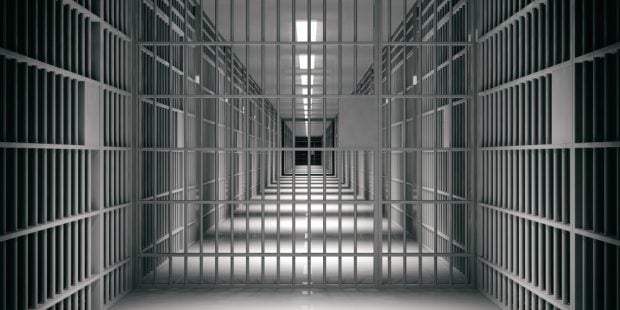BALTIMORE – Lenders here are hoping that several incentives will be enough to convince potential homeowners to buy houses near major train or bus stops as the city grapples with heavy commuter traffic. Municipal Employees Credit Union (MECU), Chevy Chase Bank, Fannie Mae and SunTrust Mortgage are participating in the Baltimore Smart Commute initiative. The program requires a 3% down payment or $500, depending on eligibility, on homes up to $322,000. Homeowners will receive free bus or trail tickets for a limited time and participating lenders will add a portion of potential transportation savings to the borrowers' qualifying income – an addition of $200 per month for one wage-earner household and $250 per month for two wage-earner households if homes are chosen within a half-mile of a rail station or a quarter-mile of a bus stop within Baltimore's city limits. City officials say the savings on a "median-priced" home could go as high as $10,000. If the loan is underwritten manually, as opposed to using Fannie Mae's Desktop Underwriter, credit score guidelines must be met, two months of reserves are required and any savings will be added before calculating the housing and total debt ratios. MECU signed on to the program because many of its 75,000 members live in Baltimore and rely heavily on the city's public transportation system to get to work, said Gary Martin, MECU vice president of lending. Those who choose to drive their cars may face full lots or expensive parking alternatives. "It's another benefit that we anticipate may help many of our members," Martin said, adding MECU has a long relationship with Fannie Mae and its motivation for participating in Smart Commute was not prompted by being able to compete with the other banking lenders. Fannie Mae launched the Smart Commute program in 12 cities and the financer's mission is to "lower the costs that can put up barriers to homeownership," said David Elam, Fannie Mae vice president of housing and community development. Officials are also hoping that homeowners will use Baltimore's public transportation system as a means to cut down on traffic and increase the area's air quality, said Robert Smith of the Maryland Transit Administration. "Transit services provide a relaxing alternative to fighting traffic congestion on the way to employment, education or entertainment destinations," Smith said. "People in our city can take advantage of living closer to transit opportunities, while saving money on a new home." In Baltimore, households with a median income of $38,108 spend $7,050 on transportation costs each year. Other local partners participating in Smart Commute are the Maryland Department of Transportation; Maryland Department of Planning; the city of Baltimore Department of Housing and Community Development; the Greater Baltimore Board of Realtors and the LiveBaltimore Home Center. [email protected]
Complete your profile to continue reading and get FREE access to CUTimes.com, part of your ALM digital membership.
Your access to unlimited CUTimes.com content isn’t changing.
Once you are an ALM digital member, you’ll receive:
- Critical CUTimes.com information including comprehensive product and service provider listings via the Marketplace Directory, CU Careers, resources from industry leaders, webcasts, and breaking news, analysis and more with our informative Newsletters.
- Exclusive discounts on ALM and CU Times events.
- Access to other award-winning ALM websites including Law.com and GlobeSt.com.
Already have an account? Sign In
© 2024 ALM Global, LLC, All Rights Reserved. Request academic re-use from www.copyright.com. All other uses, submit a request to [email protected]. For more information visit Asset & Logo Licensing.









